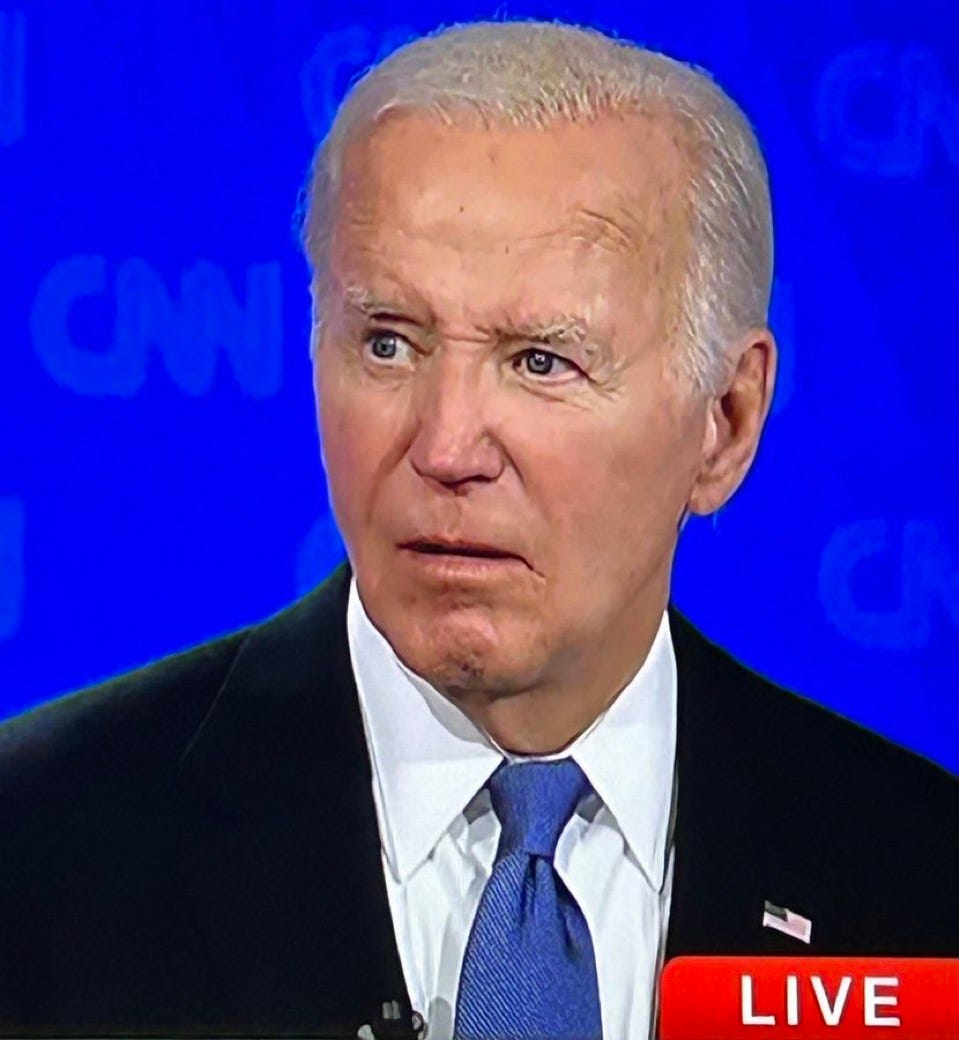Reality Bites
"I know why they were lying to me; but why were they lying to *themselves*?"
In the Social Media age we talk about epistemic bubbles all the time; closed groups of people agreeing with each other and isolated from unpleasant facts. What’s less commonly spoken about is that bubbles are historically good, and normal; civilisation could not have arisen if people didn’t spend the majority of their lives surrounded by others who saw the world as they did. No, the unique sensation our age is of being trapped in someone else’s bubble, someone else’s dream, and knowing that it’s a dream without being able to do anything about it.


